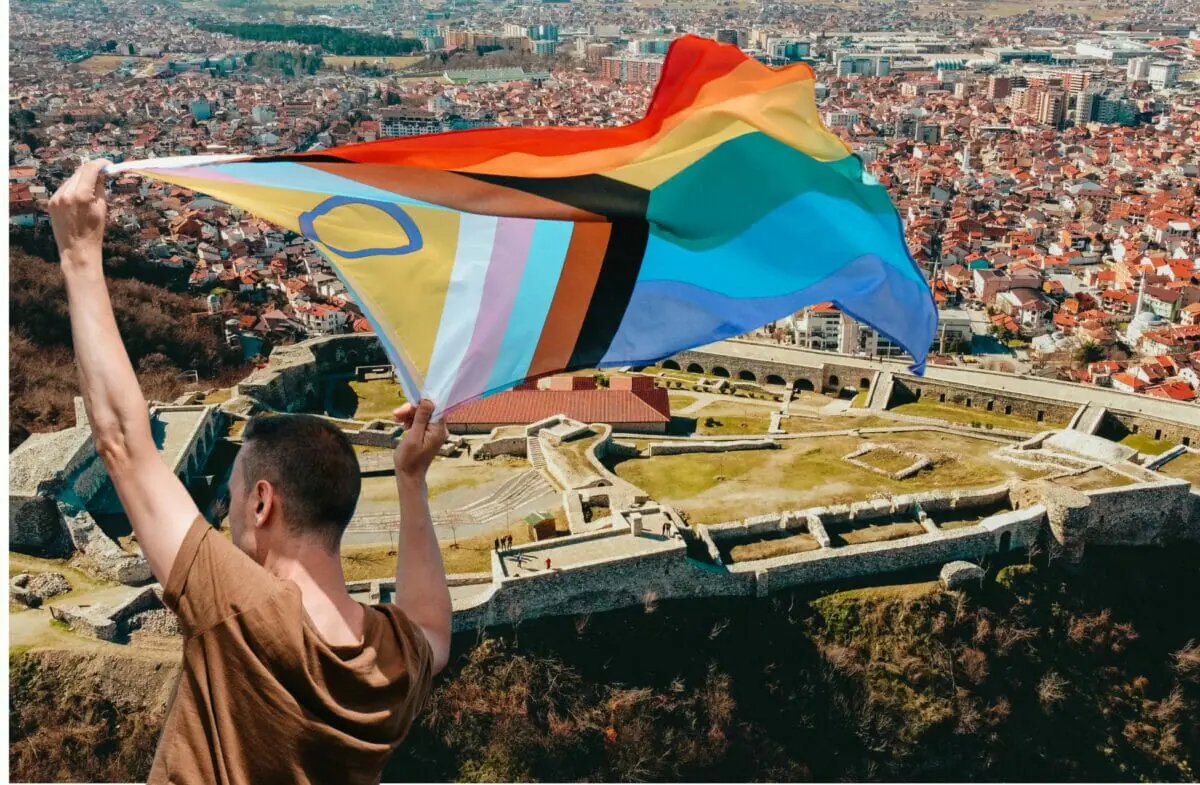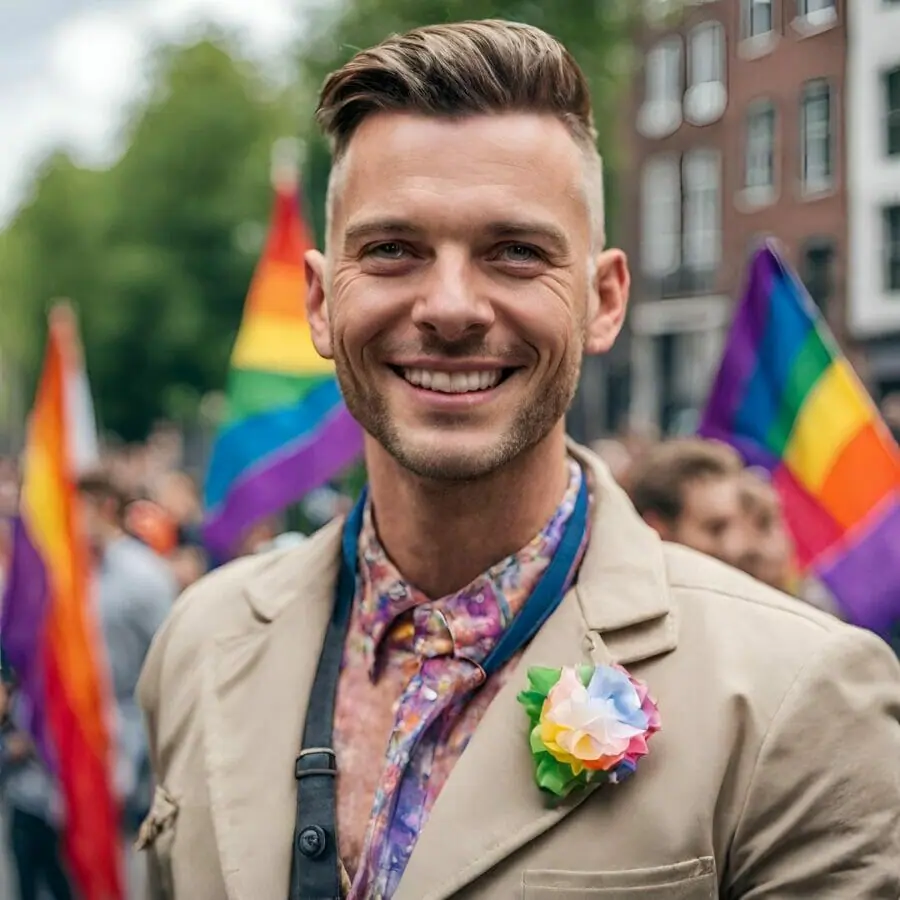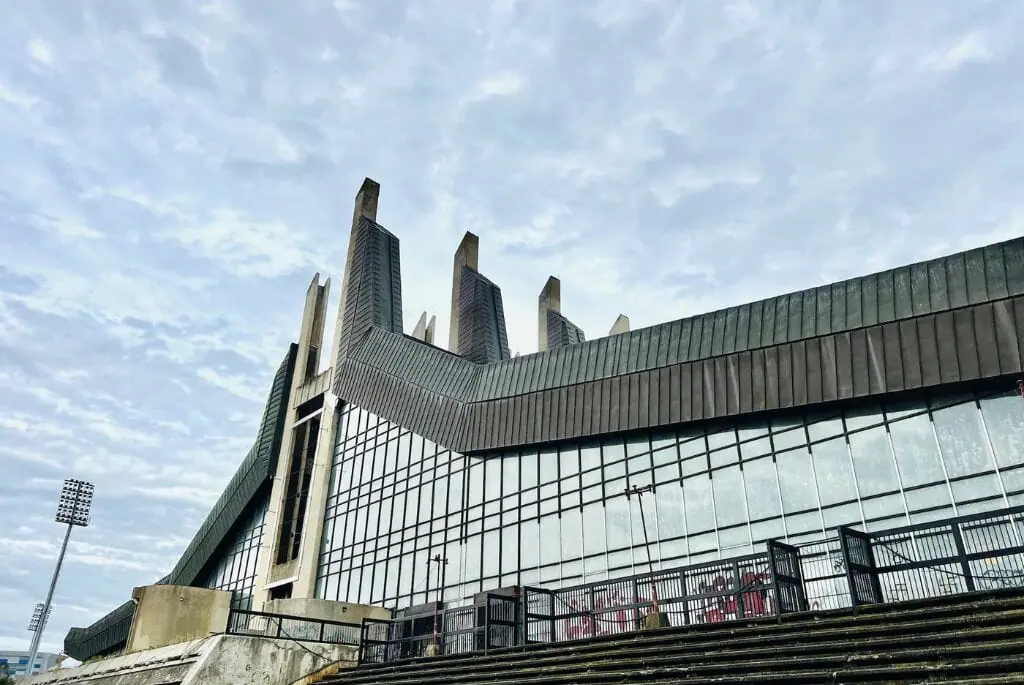In the heart of the Balkans lies a young, vibrant nation steadily finding its footing on the world stage: Kosovo. While often overshadowed by its tumultuous past and the quest for global recognition, Gay Kosovo has been quietly traversing its own journey of self-realization and acceptance.
With a majority Muslim population and a historically conservative backdrop, the LGBTQ+ narrative in Kosovo is a tale of resilience, discretion, and undeniable spirit.
Kosovo’s political stance on LGBTQ+ rights has witnessed a gradual evolution. Since declaring independence from Serbia in 2008, the country has implemented constitutional safeguards against discrimination based on sexual orientation. While these legal frameworks signal a progressive direction, the lived experiences of queer Kosovars often tell a different story.
Public perception, heavily influenced by religious and traditional values, remains one of the most significant barriers for the community. Visible LGBTQ+ events, such as Pride Parades, though held, often require extensive security measures, reflecting the underlying tensions.
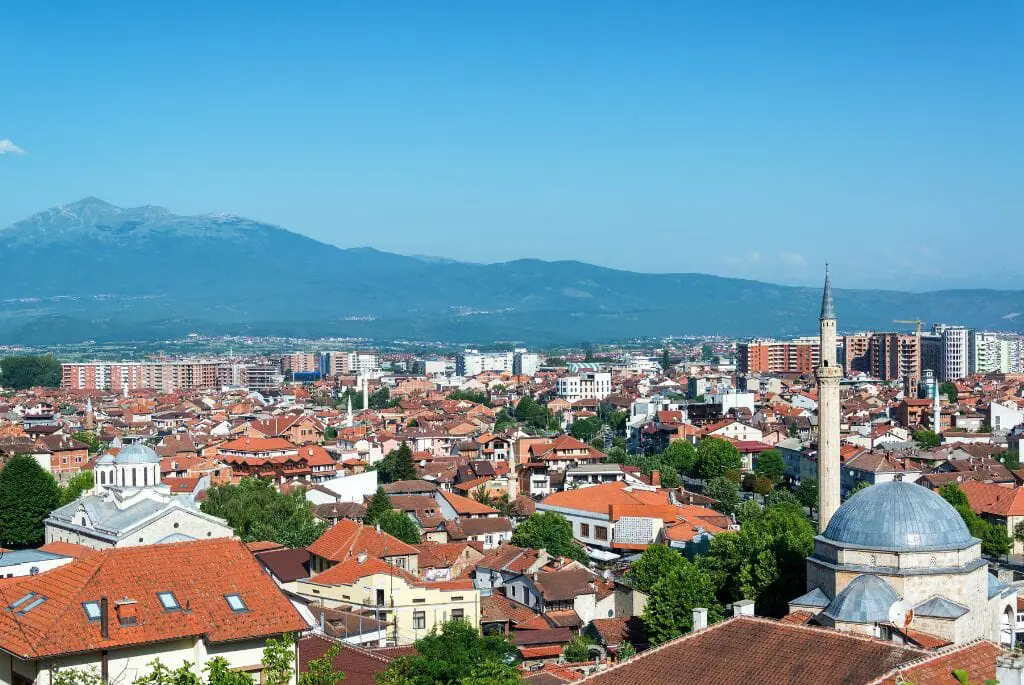
Yet, within this intricate socio-political landscape, discreet havens for the LGBTQ+ community are emerging. Major cities, like the capital Gay Pristina, host hidden bars and events, allowing queer individuals a space to express themselves away from the public’s prying eyes. These safe spots become crucial meeting points, fostering a sense of community and solidarity among members.
However, Gay Kosovo isn’t solely defined by its nightlife. The nation’s rich tapestry of cultures, its hospitable locals, and stunning landscapes provide ample allure for the informed traveler. Beyond the urban spaces, the picturesque Rugova Valley and the ancient monasteries sprinkled throughout the land tell tales of a bygone era, while festivals like Dokufest in Prizren showcase the burgeoning contemporary art scene.
In conclusion, Gay Kosovo, much like the nation itself, is a complex blend of challenges and charm. The queer traveler venturing into this Balkan gem will need to navigate with care, but beneath the surface, they’ll find a country filled with untold stories waiting to be explored.
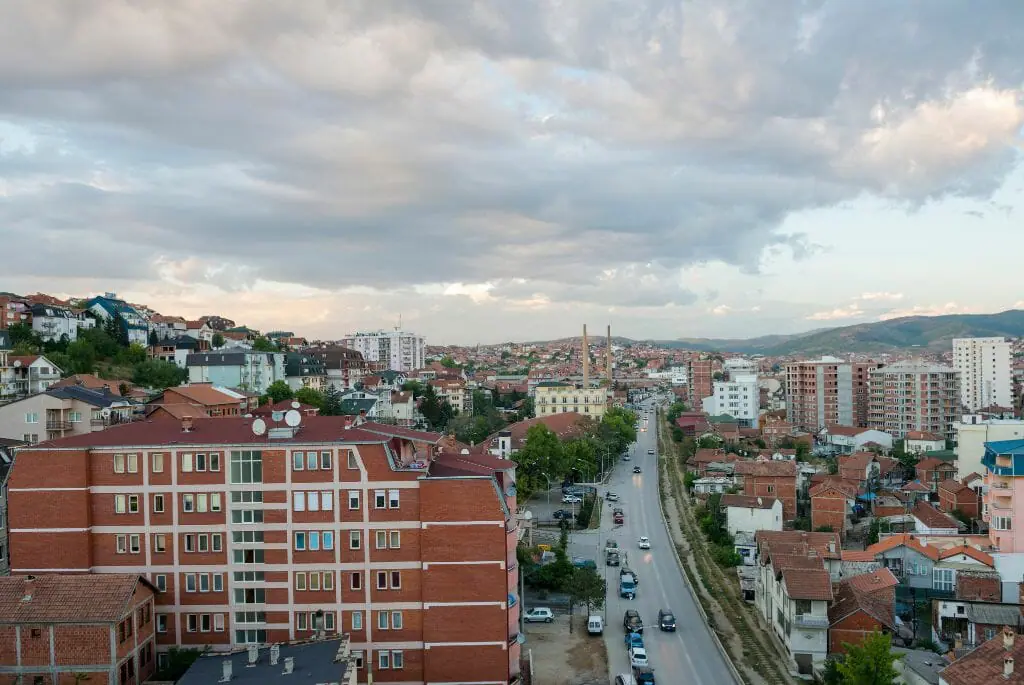
History Of LGBT Rights In Kosovo
In Kosovo, LGBT rights have gradually improved over the years. The country decriminalized homosexuality in 1994 while it was still part of the Federal Republic of Yugoslavia. Since gaining independence in 2008, Kosovo has made significant efforts to adopt comprehensive laws and measures against discrimination towards the LGBT community. The Kosovo Constitution now includes explicit bans on discrimination based on sexual orientation.
Kosovo stands out as one of the few Muslim-majority countries where annual LGBT pride parades are held. The country has seen increased visibility and acceptance for the LGBT community, and discussions surrounding these issues are becoming more mainstream.
However, implementation of these rights has been challenging. As a result, the experiences of local LGBT individuals and tourists may differ. While Kosovo has taken legal steps to protect the LGBT community, societal attitudes may still lag behind.
Regardless of the country, it’s essential for travelers to remain vigilant and cautious about their surroundings. Although the legal framework in Kosovo has improved, situations can change quickly, and information may become outdated. It’s crucial to seek out current advice before traveling.
In summary, LGBT rights in Kosovo have progressed significantly in recent years, but challenges in implementation still persist. It’s essential for both locals and tourists to stay informed and exercise caution, as situations can change and bad actors exist everywhere.
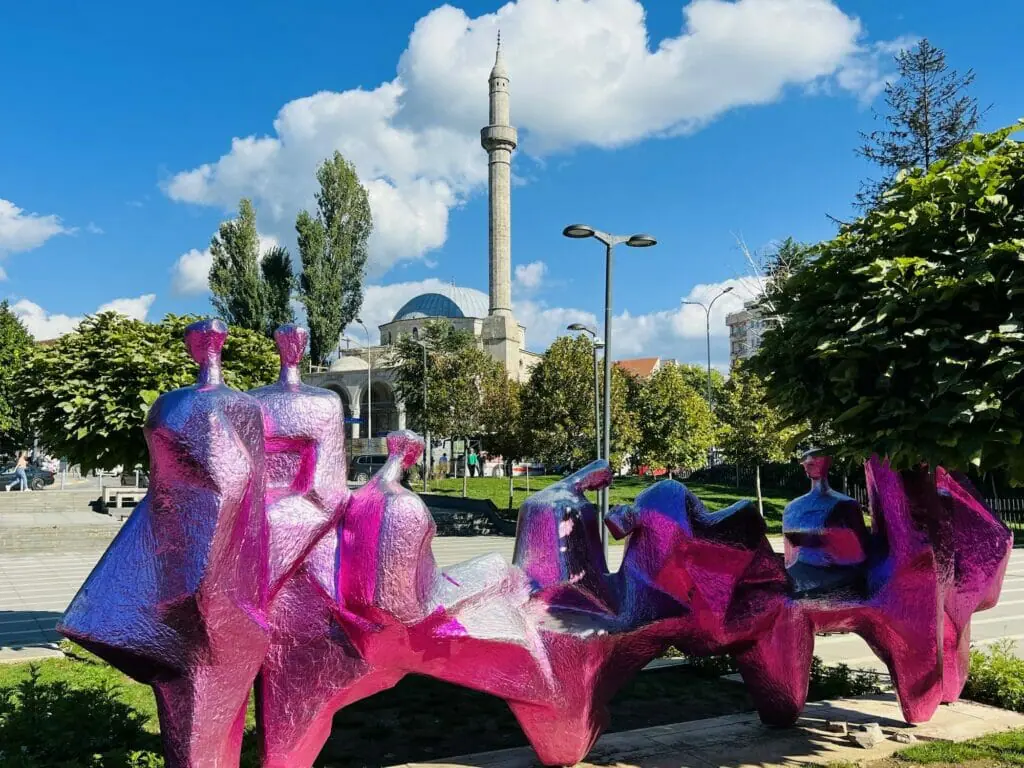
The LGBT Current Situation In Kosovo
LGBT rights in Kosovo have seen progression in recent years, particularly since the country declared independence in 2008. However, there remain challenges in terms of public acceptance and legal protections for the LGBT community. Visitors to Kosovo should be aware of the overall situation regarding LGBT rights and consider potential risks and safety measures.
For local LGBT people, there has been an increase in visibility, and discussions on LGBT issues have become more mainstream. However, this progress is not without its setbacks. Civil society organizations, such as the Centre for Equality and Liberty, have reported incidents of threats and attacks against LGBT individuals. Efforts are ongoing to improve the legal framework related to LGBT rights, as seen in the draft Civil Code of the Republic of Kosovo.
As for LGBT tourists, it is important to be cautious and aware of the overall situation in the country. While the legal status of same-sex sexual conduct is permissible, public attitudes may still vary. It is recommended to exercise discretion in public displays of affection and to maintain a degree of vigilance in unfamiliar surroundings.
Some helpful measures for protecting oneself include:
- Researching specific destinations within Kosovo for local attitudes toward LGBT issues
- Familiarizing oneself with local laws related to LGBT rights
- Seeking out advice from LGBT-friendly establishments and tourism professionals
- Staying connected with local LGBT networks for up-to-date information on safety concerns
It is vital to remember that situations can change rapidly in any country, and information can become outdated. Always seek current advice before traveling and remain mindful of potential risks, even in this period of increased visibility and progress for LGBT rights in Kosovo.
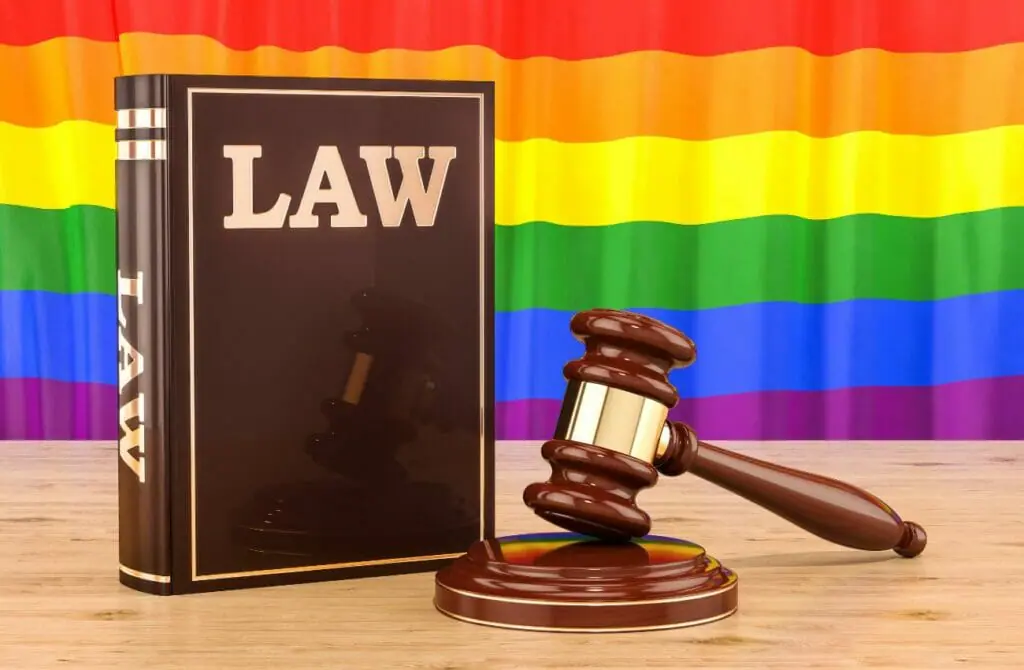

The Future For The Queer Community In Kosovo
As Kosovo continues to develop and progress, the future of LGBT rights remains a vital topic. For local LGBT individuals, social conventions and traditional attitudes towards sexuality can pose challenges in their daily lives.
Many young people in Kosovo live with their families until they marry, and coming out as LGBT may result in being ostracized by their families and marginalized by society. Nonetheless, organizations like the Centre for Equality and Liberty are working to support LGBT people in Kosovo and advocate for their rights.
In terms of tourism, visitors to Kosovo should be aware that while the country is striving to improve LGBT rights, it’s important to remain vigilant and take necessary precautions to ensure safety. Tourists should remain aware that the situation can change, and there may always be individuals who harbor prejudiced attitudes.
Several steps can be taken by both locals and tourists to protect themselves and promote inclusivity in the region. First, fostering an open dialogue about LGBT rights and breaking down stereotypes can help shift public opinion and cultivate acceptance. Additionally, staying informed about local laws, both existing and proposed, can provide valuable insights into the overall context of LGBT rights in the country.
Finally, it is essential to remember that situations can change rapidly, and information may become outdated. Seeking current advice and keeping up-to-date on developments in Kosovo is crucial for promoting progress and ensuring safety for LGBT individuals and visitors.
Being professional and authoritative in our tone, we advise everyone to continue monitoring the developments in the LGBT rights situation in Kosovo and remain cautious while navigating local attitudes and legislation.
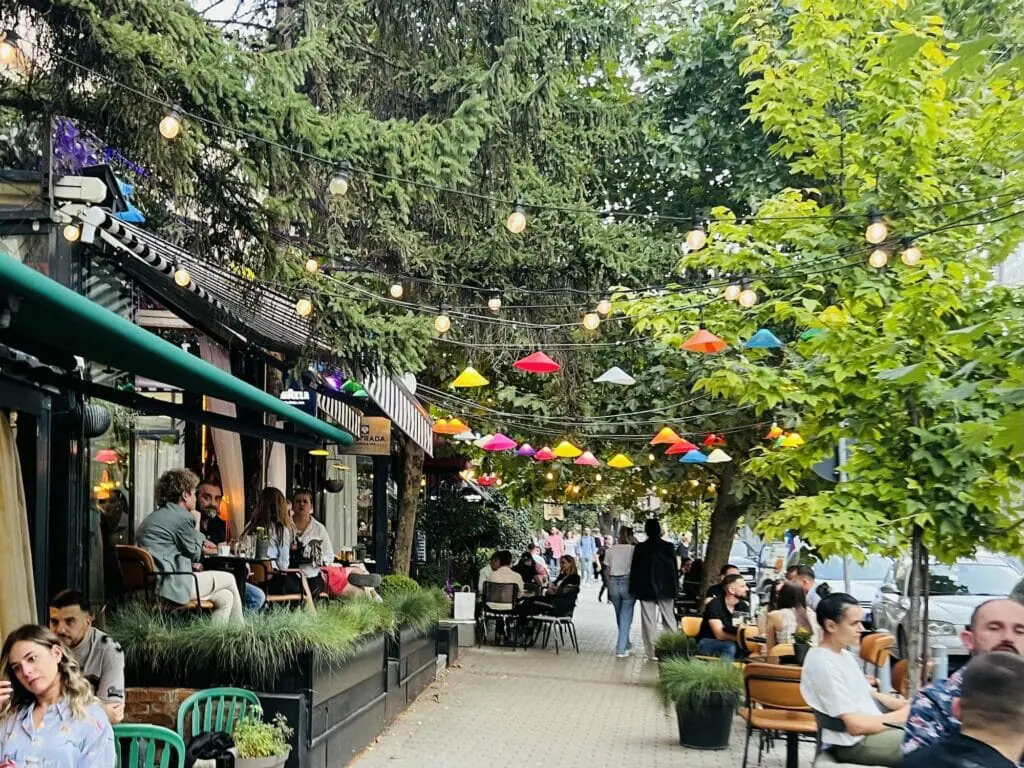
Protect Yourself While Travelling In Gay Kosovo
In Kosovo, LGBT rights have made progress in recent years. The government has shown support for the local LGBT community, with the Parliament Assembly passing a bill to create a coordinating group for them in 2013.
The Constitution of Kosovo also prohibits discrimination based on gender, sexual orientation, or other personal statuses. For locals, being openly LGBT in Kosovo might still involve a daily fight for acceptance, equal treatment, and personal security. However, the supportive community of LGBT persons is gradually making a difference, opening the door to progress and change.
Despite these advancements, when visiting Kosovo as a tourist, it is essential to be aware of the local environment and potential risks. While many locals support the rights of same-sex couples4, there might still be individuals who harbor prejudices or engage in discriminatory behavior. It is crucial to remain vigilant and take steps to ensure your safety.
When dealing with potential risks, a few key points to help protect yourself include:
- Stay informed about current conditions: Seek up-to-date information about Kosovo’s local attitudes, laws, and customs before traveling.
- Stay cautious in public spaces: Demonstrations of affection between same-sex couples could attract unwanted attention in some areas. Be mindful of your surroundings.
- Connect with local LGBT+ communities or organizations: Reach out to groups or individuals who can provide guidance, support, and advice during your visit.
- Remain alert and report incidents: In case of threats or attacks, immediately contact local authorities for assistance.
It is crucial to remember that situations can change quickly, and information can become outdated. Always seek the most recent advice before traveling, and be prepared to adapt your plans accordingly. Although progress has been made regarding LGBT rights in Kosovo, exercising caution and remaining vigilant is essential while visiting any country to ensure a safe and enjoyable experience.
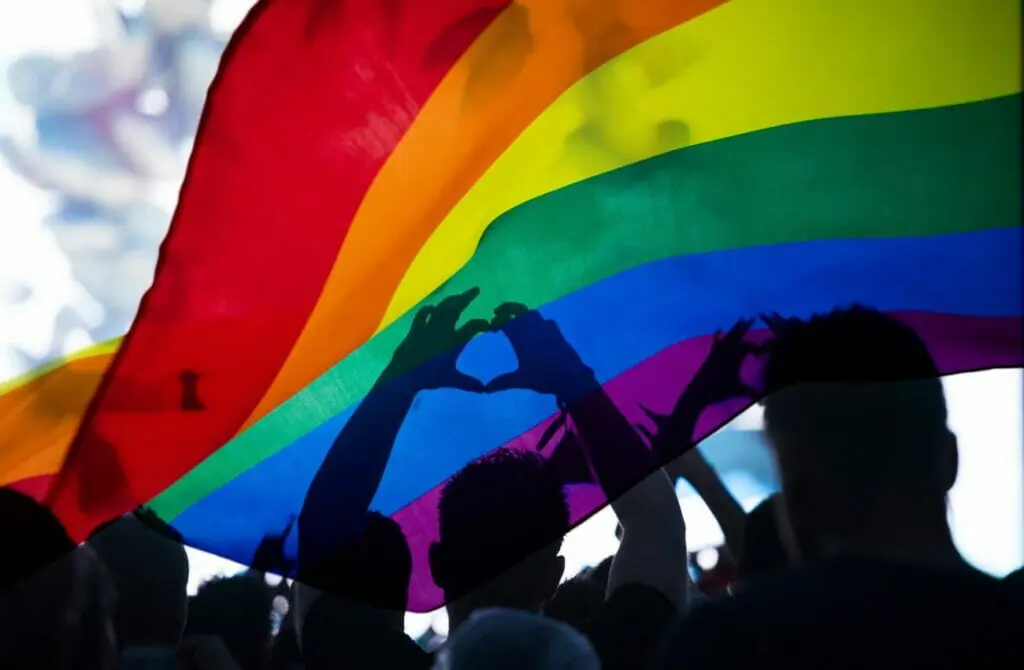

Best Gay Destinations In Kosovo
In the crossroads of Eastern Europe, where history and culture meld effortlessly, lies the intriguing nation of Kosovo. As a destination, it offers travelers an exquisite blend of ancient charm and modern vibrancy. Yet, for the discerning LGBTQ+ traveler, understanding the nuanced landscape of Gay Kosovo becomes paramount.
This guide, ‘Navigating LGBT Safe Spots in Kosovo’, is a beacon, illuminating the best gay destinations in Kosovo where one can revel with relative ease amidst the nation’s intricate socio-cultural fabric.
Our compilation is an ode to the resilience and spirit of Kosovo’s LGBTQ+ community. While challenges undoubtedly persist, there are havens where the rainbow flag flutters a tad more freely.
From hushed bars in Pristina to discreet events that celebrate love and identity, Gay Kosovo is slowly but surely, carving out spaces for queer expression. As you embark on this journey, tread with awareness but also with the anticipation of discovering the lesser-known gems of this Balkan treasure.
Pristina, the effervescent capital of Kosovo, captivates with its youthful energy and evolving cultural landscape, making it a fascinating stop on the Balkan itinerary. However, while the city is a hive of activity and progression on many fronts, it’s prudent for LGBTQ+ travelers to exercise caution; despite legal strides, social acceptance still lags behind, rendering the queer scene discreet at best.


